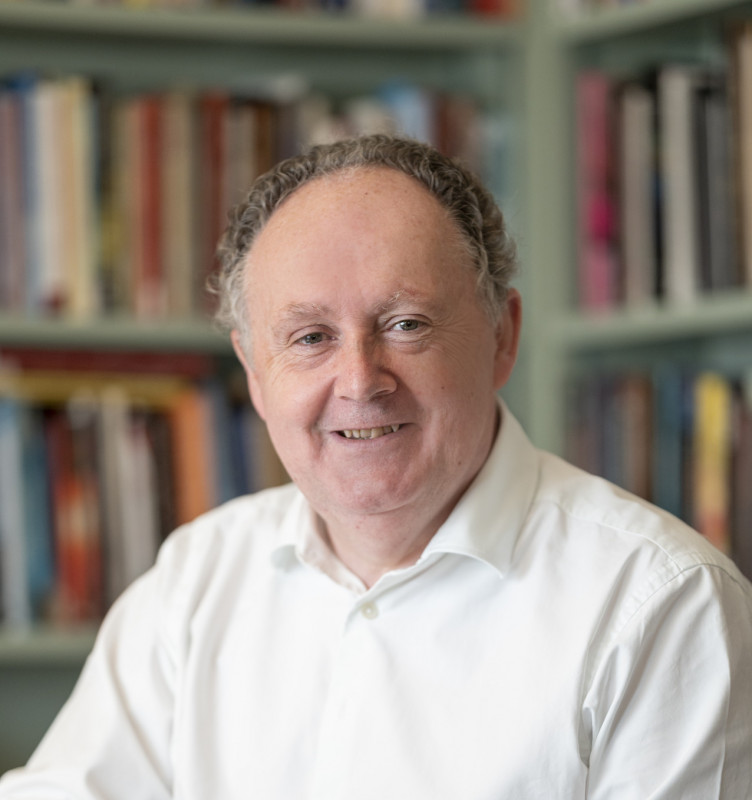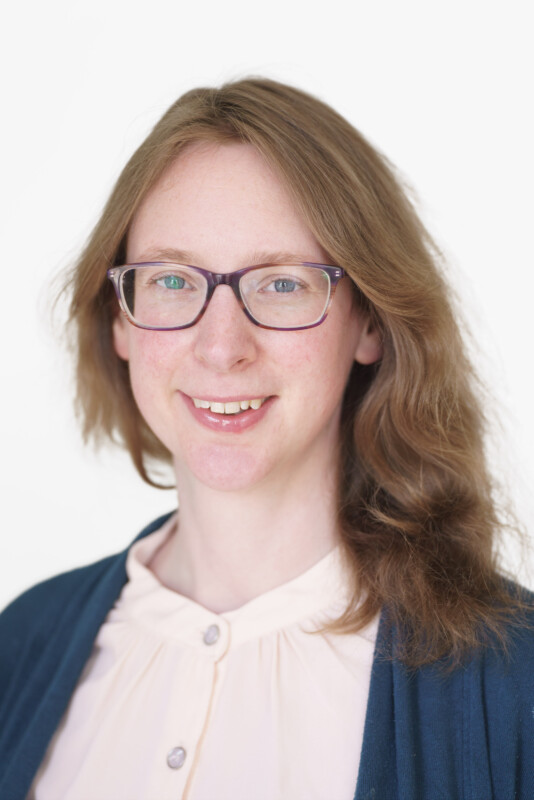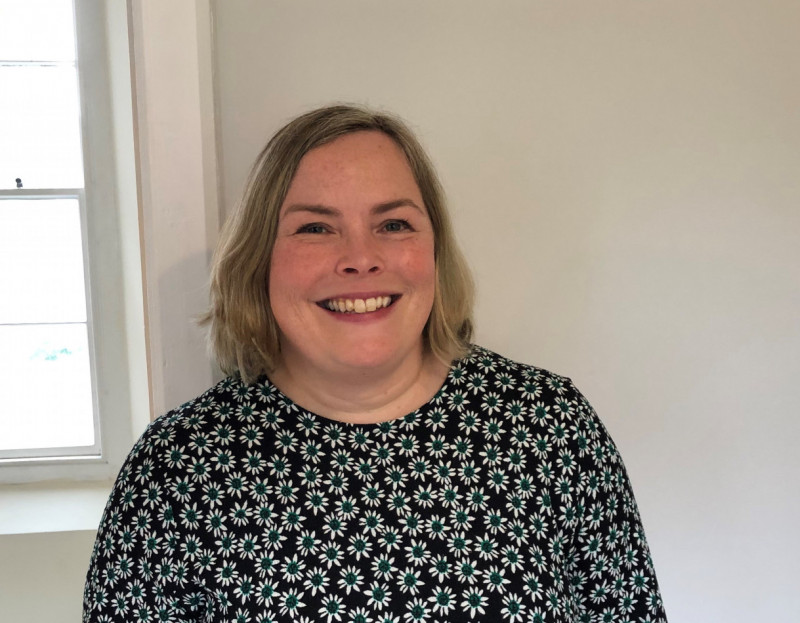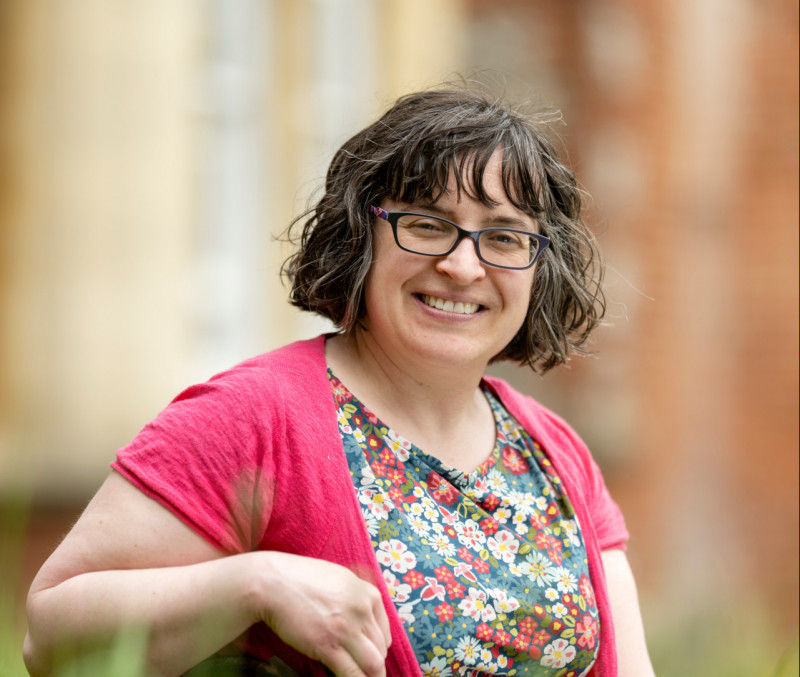- All Learning
- Ministry Pathways
- Hospitality
- Courses & Events Diary
- Course brochure
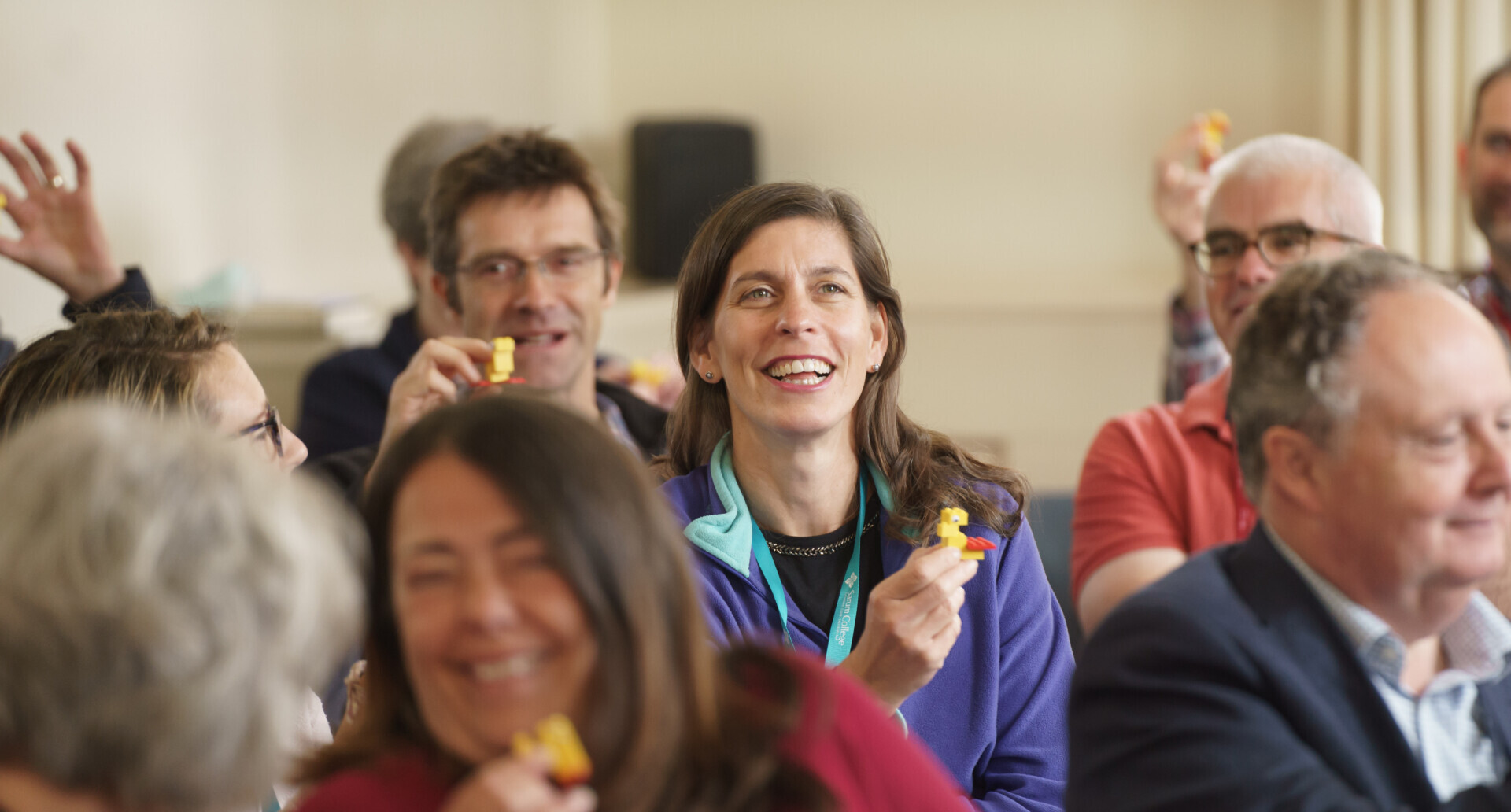
Licensed Lay Ministry / Readers
Flexible, inspirational training
We offer formation and training that inspires, challenges and encourages growth. Our integrated approach brings the Ordination and Reader (Licensed Lay Minister) Ministry pathways together in a supportive and varied community without losing the focus on the distinctive vocation of a Reader / Licensed Lay Minister.
Learn in community alongside those on our Ordained Ministry pathways.
Mixing with others
You will mix with those from a number of different Dioceses across the Church of England. Those training for Reader / Licensed Lay Ministry take a two-year part-time Certificate in Higher Education, the equivalent to the first year of a degree course.
The Rural Pathway option of this award is available in agreement with your Diocese.
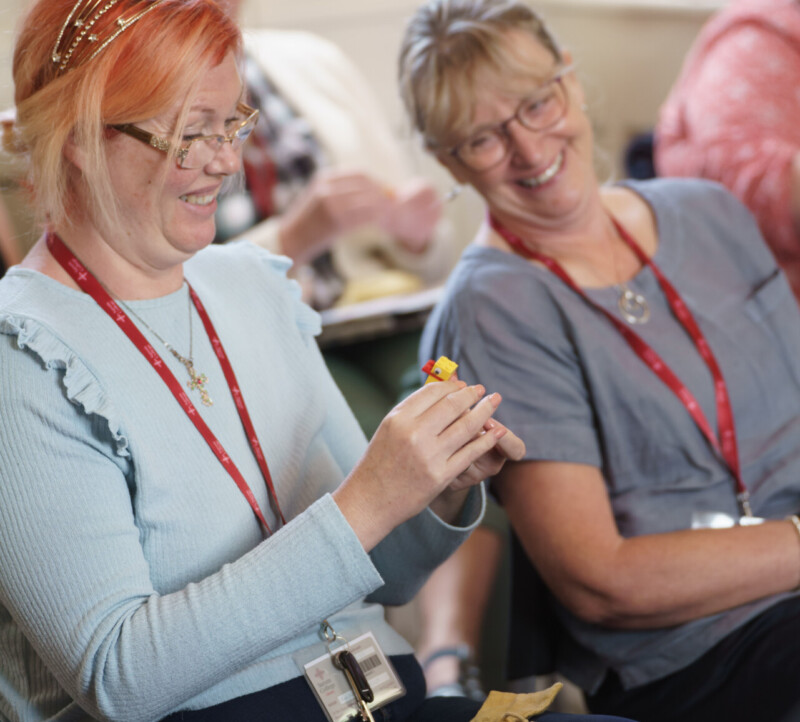
-
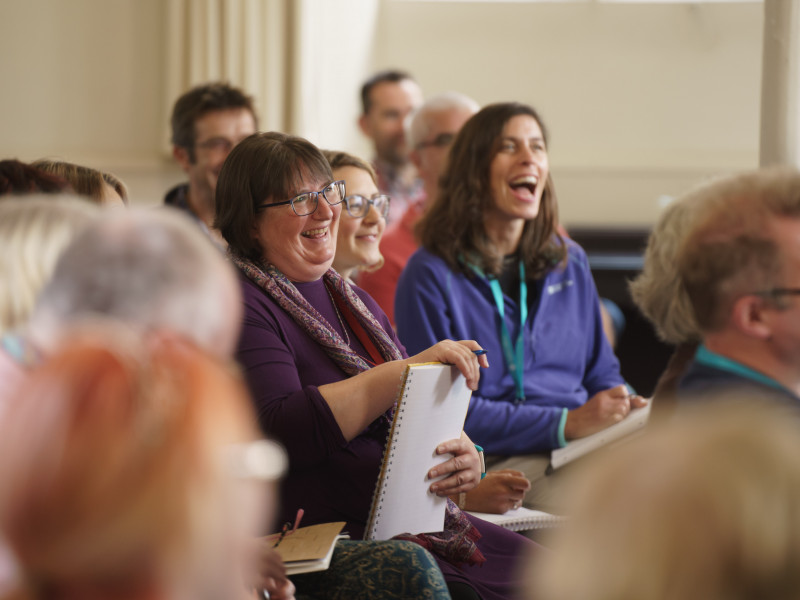
-
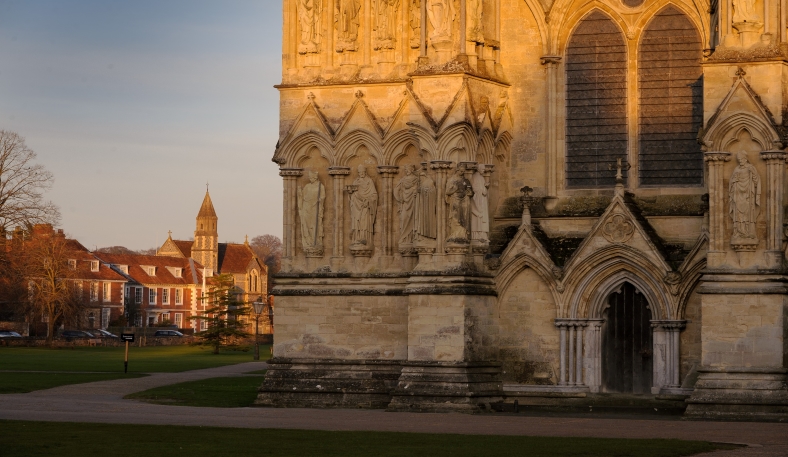
-
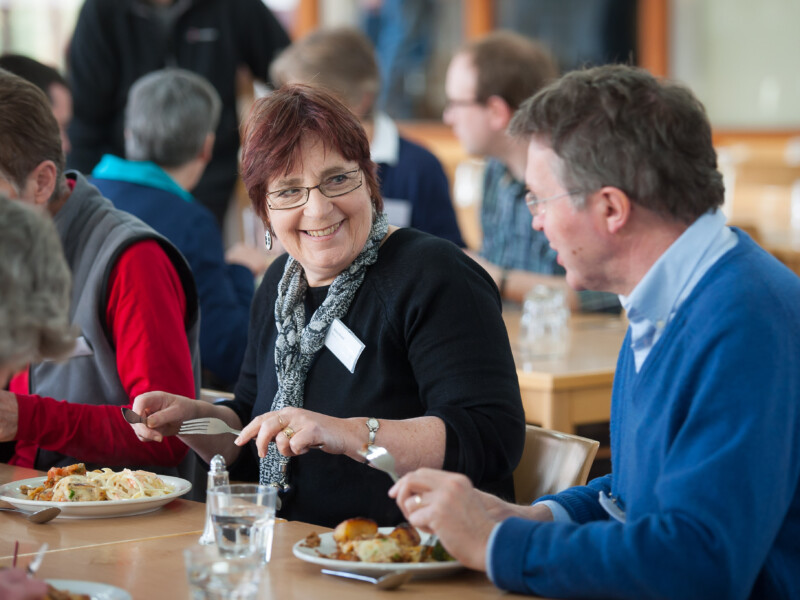
-

-
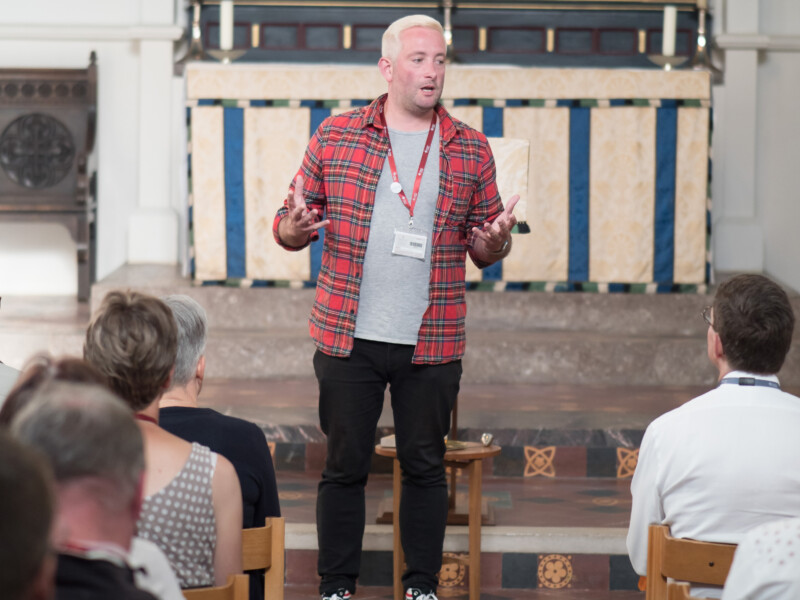 Photo by Ash Mills
Photo by Ash Mills -

Flexible formational training in a diverse learning community
Acceptance to the Reader / LLM programme
Reader/LLM candidates are guided through the application process by their Diocese, and should be in touch with the Diocese in the first instance.
How you learn
You learn part-time with contextual ministry experience through our blended learning. Throughout we work closely with your Diocese in your training.
Blended Learning combines the strengths of three areas:
- The flexibility of online learning and tutorials with staff – there are no weekday commuting costs to college
- The welcome of the college community for residential weekend learning
- The practical application of your learning in your home context, as well as the challenge of other placements
Learning at college, at church and at home
You are supported in your training through our blended learning pattern.
You learn in three ways:
In community – Residential Learning
Those on the Reader/LLM pathway join those on ordained ministry pathways for the Friday evening and Saturday of the residential weekends, staying overnight, to share in the larger group, explore a rich diversity of traditions, and enjoy food and fellowship. These residentials form the basis for the learning community which continues through online forums and social media when students are apart. All staff and the Chaplain are available for support and questions.
The residential weekends build on the module material in discussion and teaching to support your learning. We also build on formational learning in practical aspects of ministry and self-care, group work, and ongoing theological reflection.
Through experience – Learning in Context
Your learning throughout the course is grounded in practice. Your main context is usually (but not always) your home church. We set up a Training Supervisor for you, often the incumbent or pastor of your main context, who will meet regularly with you help relate your training to practice.
You explore mission and ministry in a different setting through a placement module. This is arranged to accommodate work and family responsibilities. Recent placements include prison and hospital chaplaincies, as well as different local church settings. A residential weekend on rural ministry themes contributes further engagement with different contexts and form part of the learning in community.
In depth – Personal Learning
Our online modules enable you to pursue your personal study at a time and place to suit you. These modules also incorporate practical and reflective activities and assignments.
This guided study contains a wealth of material, including reading activities, reflection and multimedia. You have online group tutorials through Zoom with the module leader, which is efficient on time and cost. Those who travel for work find this very helpful, allowing them to attend tutorials wherever they are. You also apply what you learn by leading a regular ‘Local Learning Group’ of people, chosen by you, who come from your home context. These groups allow you to share learning with others wanting to support you.
Time required
We work on an academic year that runs from an initial Induction Sunday in August, with studies beginning in September, and goes through to mid-July. Final year students finish at the beginning of June. The work is paced through the year, and there is a fortnight’s break at Christmas and Easter in addition to the summer break. Where emergencies such as sickness arise, staff offer the support needed to enable the student affected to manage the situation and the work load.
You will need to have somewhere quiet for study on a regular basis. You will also need a reasonable broadband connection and computer set-up that will allow you to use Zoom for tutorials.
This part-time programme for Reader/LLM students requires approximately 12 to 14 hours a week for study and to attend four residential weekends a year at Sarum College. There may be other training days required by the sponsoring diocese.
This is an honest average that includes involvement in church on Sundays and other formational experience, together with the work required for study, tutorials and supervisions. You will need to drop other existing responsibilities in church to make space for this. This is a significant commitment, especially for those in full time jobs, but it is manageable and worthwhile.
Fees
If you are training for Licensed Lay Ministry in a sending Diocese your tuition fees are met by the Diocese.
It is worth noting that if you wish to stay in College at times outside the residential periods of your course, for instance to give yourself an intensive study period, then this is possible at normal College B&B rates.
Discover Sarum
Meet the team
Sign up to our newsletter
Fill in and submit the form below and we'll add you to our mailing list for news about Sarum College.
"*" indicates required fields
